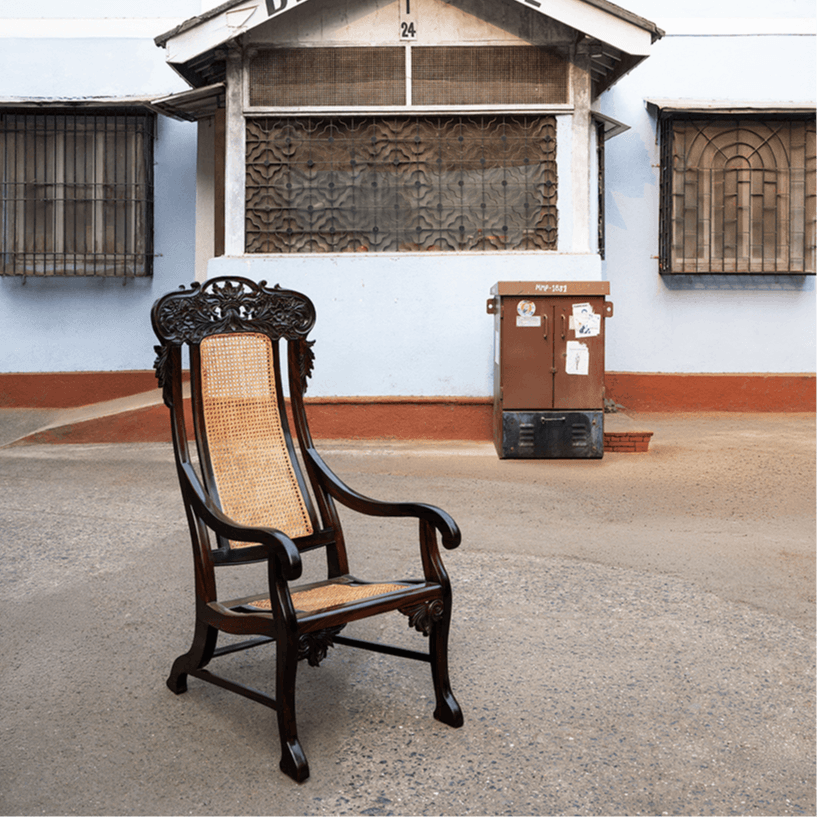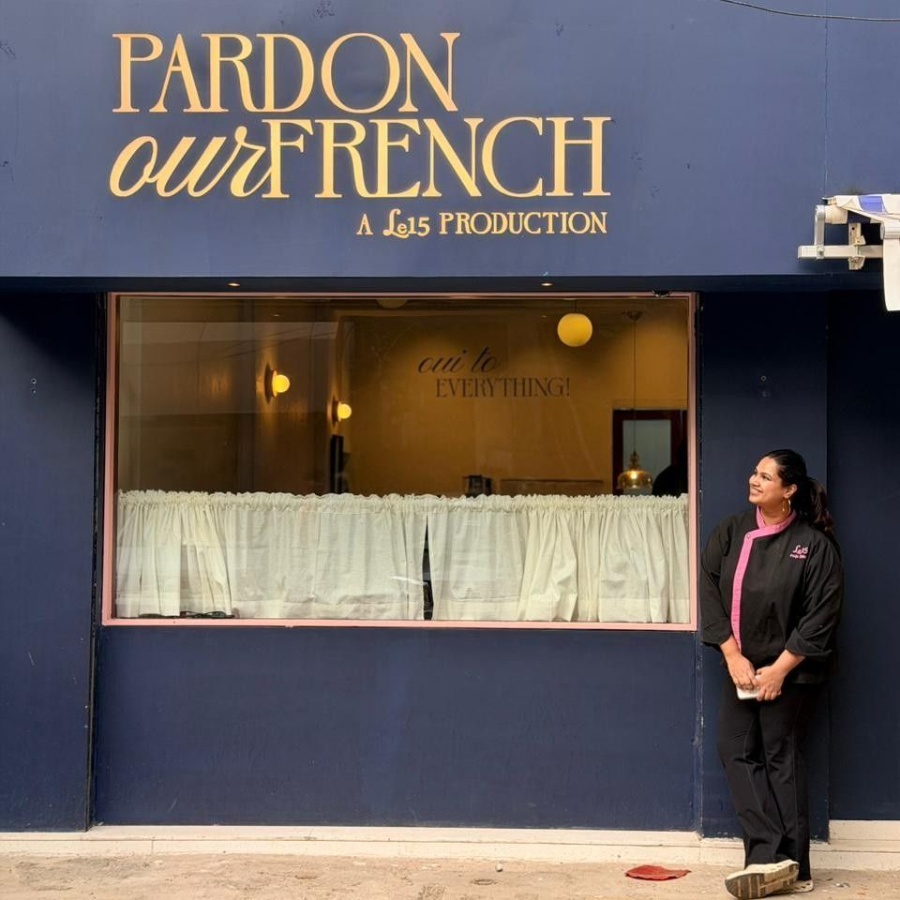One damp evening, I found myself in a dimly lit room in Bengaluru’s Shanti Nagar, where the music played louder than conversations, even though the volume was barely above a whisper. The record spun gently, the air filled with the faint crackle of vinyl, and people leaned back in their chairs, listening as if time itself had slowed down. In a city that usually celebrates noise and speed, Middle Room was a deliberate pause.
But here’s the thing: this pause didn’t start in Bengaluru. It began in Tokyo, in basements so narrow you’d have to turn sideways to pass through, and in jazz kissas where the music commanded silence. It began with two suitcases.
When Akhila Srinivas and Sri Rama Murthy—better known as Murthovic in India’s electronic music circles—first went record-hunting in Tokyo, they weren’t looking for collectibles to decorate a wall. They spent days in Tokyo’s record dens, pulling dusty sleeves out of bins stacked with jazz, funk, bossa nova, forgotten Indian pressings, and Japanese soundtracks. The records they carried back to Bengaluru were the building blocks that form the core of Middle Room. “We didn’t want the room to decide what music we’d play,” Murthy says. “We wanted the records to decide what kind of room we’d build.”
A few standout rarities anchor the wall: Eusexua by FKA Twigs, with its blend of trip-hop and alt-pop; Pepe Bradock’s elusive white-label house cuts; Ryuichi Sakamoto’s Music for Film with the Brussels Philharmonic; and Hailu Mergia’s Pioneer Works Swing, a reissue that carries the warmth of Ethiopian jazz. Every record brings its own grain, and together they read less like a genre shelf and more like a diary of taste, rewriting the night with each turn of the platter.
The bar seats only 33, but each corner has been calibrated for listening. The acoustics, the placement of speakers, even the furniture is designed so that the crackle of vinyl sits right at the heart of the evening. “We wanted to recreate the intimacy of listening bars we found in Japan, where people gather not just to drink but also to listen,” says Akhila.









